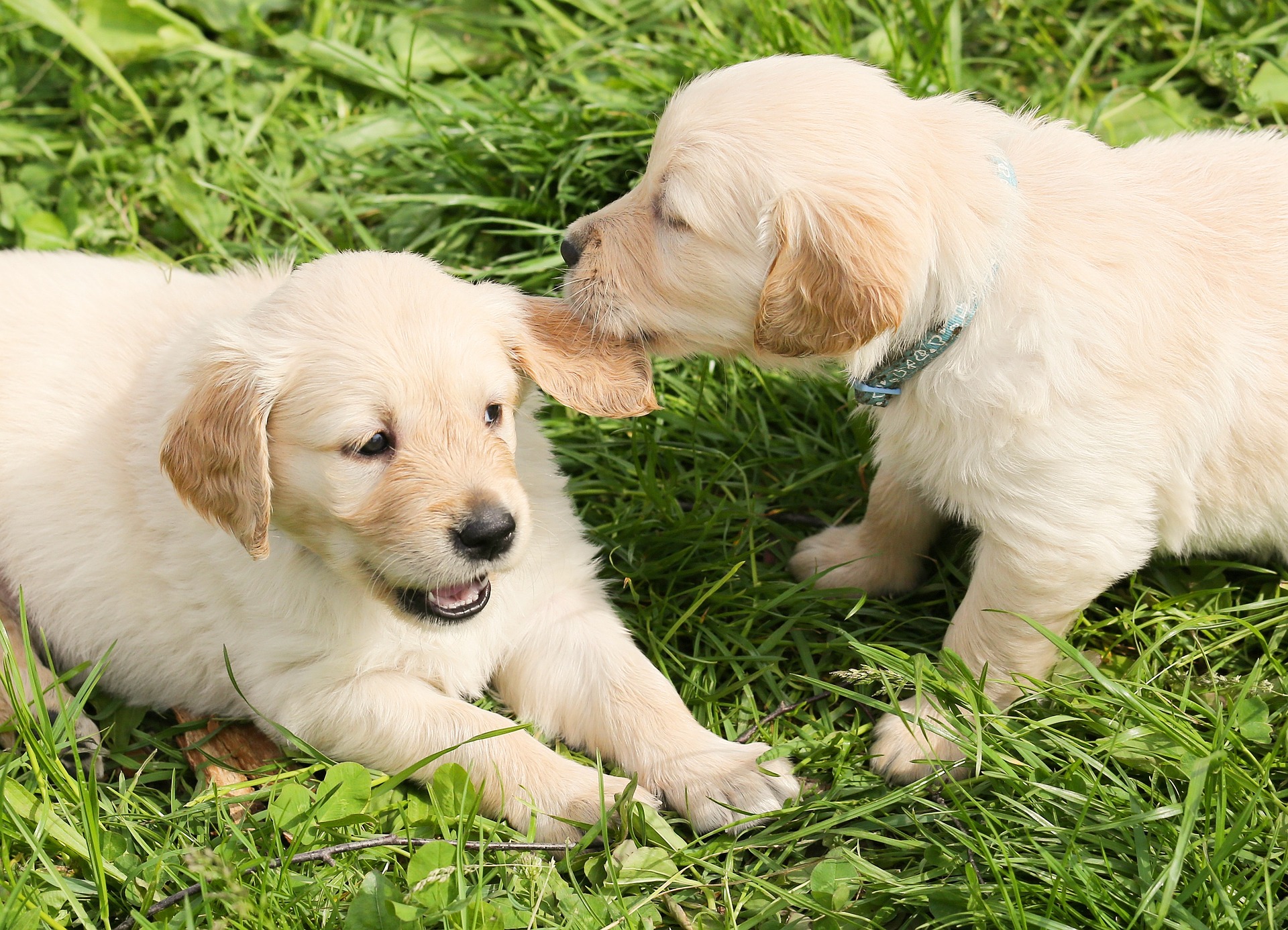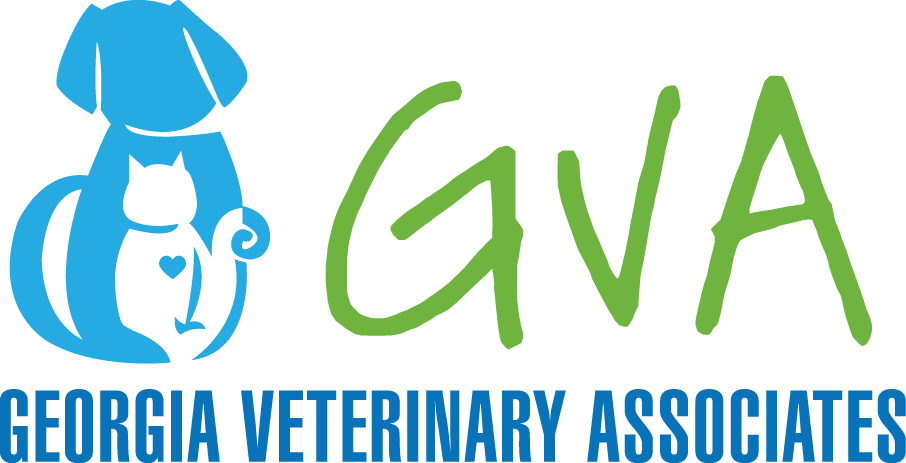Have you ever held a dog toy in front of a puppy and let him “mouth” it? As you’ve probably noticed, puppies will put their mouth on most anything, and it’s completely normal since they use their teeth to explore the world around them and play with one another.
In fact, if you’ve watched puppies in a litter with their littermates, you’ll see that they climb all over one another and nip each other in an ongoing bout of exploration. When they’re a few weeks old, this can seem harmless, maybe even cute -- until one of those sharp teeth nips your hand a little too hard!
However, you know your puppy is growing up and as he or she gets bigger, those jaws will get stronger. Obviously, allowing and encouraging your puppy to bite is not a great idea in the long term, and it doesn’t take long to get tired of the nipping. So what can you do about it?
Understanding Puppy Biting
First, recognize that this is part of the puppy nature and they don't mean to bite anyone.
When you watch them playing with other pups, they are usually “mouthy.” However, if you watch closely, you'll see that if they bite too hard, their playmate will “yelp” and quickly back off. This lets the “bitey” dog know that he was too aggressive. Usually, after a few minutes, they will resume playing.
In other words, dogs keep one another in check, which means it’s up to you to do the same. After all, dogs don’t come into the world understanding our expectations. They have to be taught.

How to Stop Puppy Biting
Like any puppy training, you want to be consistent in your behavior so that your puppy learns what you expect. For example, when it comes to saving your skin and eliminating puppy bites, you can try this training tip shared by The Kennel Club:
"First of all, take a treat, hold it in your hand and wrap your fingers around it and no matter how much your dog tries to get at it, bite your hand or paw at your hand you mustn't let him have it. What you have to wait for is the minute that his nose comes away from your hand. That's what you're rewarding him for. He needs to know that he's never ever going to get a treat by biting your hand. The only way he's going to get it is to stop doing it and back away from the hand a bit. That way he knows that biting and grabbing a hand is never going to get him a treat"
You can also take a page from the canine community. Here's how it works: hold on to a dog toy and let your puppy play with while it's in your hand. If you encounter the sharp puppy teeth, you can say, "oops!" and stop playing for a few minutes. It may take a few tries, but your puppy will get the hint.
If you want to teach your puppy to sit for petting and keep those teeth out of it, here's another effective training tip:
“Redirect your puppy's chewing onto acceptable objects by offering her a small rawhide chew bone or other type of chew toy whenever you pet her. Rawhide and other bones should only be given when you can monitor your puppy to prevent choking. This technique can be especially effective when children want to pet her. As you or the child reach out to scratch her behind the ears (not over the head) with one hand, offer the chew bone with the other. This will not only help your puppy learn that people and petting are wonderful, but will also keep her mouth busy while she's being petted. Alternate which hand does the petting and which one has the chew bone. At first, you may need to pet or scratch your puppy for short periods of time, since the longer she's petted, the more likely she is to get excited and start to nip.” (Source: Paws.org)
 It's all about teaching your puppy what dog trainers call "bite inhibition."
It's all about teaching your puppy what dog trainers call "bite inhibition."
“Bite inhibition refers to a dog’s ability to control the force of his mouthing. A puppy or dog who hasn’t learned bite inhibition with people doesn’t recognize the sensitivity of human skin, and so he bites too hard, even in play. Some behaviorists and trainers believe that a dog who has learned to use his mouth gently when interacting with people will be less likely to bite hard and break skin if he ever bites someone in a situation apart from play - like when he’s afraid or in pain.” (Source: PetMD)
As puppy parents, it's our job to teach them the manners to get along and thrive in their surroundings. Why not try some of these tips today? Before you know it, your puppy will know to save his teeth for eating and chew toys and your skin will be safe.
If you have any questions about caring for your new puppy, be sure to contact us!
